‘A vital component of the student experience.’ UK helps students find internships
James W. Stuckert Career Center on Rose Street on University of Kentucky’s campus in Lexington, Kentucky. Photo by Jordan Prather | Staff
April 20, 2022
Entering a career after college is a daunting prospect for many students. In an effort to help bridge this gap, UK offers multiple options for students to find internships, but not all students end up taking them.
To better connect students with internships, jobs and other career opportunities, UK utilizes the online platform Handshake. All undergraduate and graduate students at the university are given a Handshake account. Additionally, many UK departments, especially in engineering, offer links to international internship platforms like IAESTE. Staff at UK’s Stuckert Career Center also meet with students to further connect them with resources.
Ray Clere, the director of the Stuckert Career Center, said that he encourages students to use Handshake and that approximately 60% of students actively use their accounts.
“These [internship opportunities] are sourced from alumni and from national networks and other sources,” he said. “We have dozens of new postings every day that are available to students via Handshake.”
In addition to offering resources and connections to outside opportunities, UK offers a variety of internships and work-study positions to students of all majors. UK’s Office of Student Financial Aid and Scholarships, for example, has offered student financial associate positions in the fall, spring and summer.
“What that position entails is basically as a student worker, you’re responsible for assisting all walk-in students, directing them to the financial aid counselors [and] assisting with answering the front phone lines, as well as other clerical duties,” Matt Massarone, the office’s outreach coordinator, said. “Anybody could apply, as long as they’re an enrolled student at UK.”
Though Massarone opened the position to all majors and had previous success filling it in spring and fall, he ended up not filling the position last summer due to a lack of interest.
“With those [fall and spring] semesters, I haven’t had any issues with applicants. We’ve had full pools, and I’ve hired multiple students throughout the semester and throughout my couple years of being here,” he explained. “I think the big difference between summer and this is just there’s not a lot of students on campus during the summer in Lexington.”
Massarone also mentioned the experience working in a corporate environment this position offers to students, as well as the connections he makes with his student workers.
“Really, what I hope [students] just get out of internships is learning how to operate in an office setting. I think the biggest thing that we can provide to students right now is gearing them towards post-graduation, what it’s going to be like in a full time job, as well as [providing] mentorship to them,” he said. “I’m very close with a lot of my student workers and provide them with plenty of other advising, such as resumes, career prep, interview prep [and] assisting them with schooling.”
Another program offered through UK is AppalachiaCorps, a summer program that pairs students with nonprofit community and government organizations throughout the Appalachian region. Students work in various sectors such as tourism, education, health and racial justice.
Kathryn Engle, the director of UK’s Appalachian Center, says the program has three purposes: providing students with unique learning opportunities, strengthening commitments to the Appalachian region and building networks with nonprofit organizations in the area.
“The App Center has always put importance on getting students out and into the region and engaged with communities,” she said. “This will be our second full summer session [of AppalachiaCorps].”
AppalachiaCorps is not the only UK-promoted internship that focuses on community engagement. Freshman political science major Emma Thyne recently finished an internship with the Kentucky Senate Minority Leadership Office. Thyne connected with the position through the Kentucky Legislative Internship Program, which UK’s Department of Political Science promotes.
Though Thyne also had internal connections that made it easier for her to correspond with internship officials, she said she has still seen promotions for internships on campus, especially for UK’s Wildcats at the Capital program.
“Professors do a fair amount of advertising, especially for the Capitol internship,” she said. “However, I’m lucky to have my father, who’s the chair of the department, to tell me about the lesser-known opportunities. I also know the professor [Dr. Tiffany Barnes] that runs the program, so I was able to apply late when she told me that they were short in applications.”
Junior mechanical engineering major Shelby Fraley is currently working at an internship with Lexmark, which she has held since November. She found the position through engineering career fairs and said the process helped her figure out her path after graduation.
“Working there has also given me kind of a view into the way projects are run in an engineering company … I’m hoping to get to see more of those processes this summer when I work full-time. I think it’s also given me the opportunity to develop my problem-solving skills and confidence, too, which I really needed,” she said. “It’s also just a résumé-builder in general; I remember when I was talking to companies at the career fair, some of them would look at my resume and go, ‘I wish you had more engineering things on here.’”
While searching for jobs and internships has been an enduring part of many students’ college careers, it is also an aspect of college that the COVID-19 pandemic has changed. Clare said the Stuckert Career Center has encouraged students to consider less traditional options than a semester-long or summer-long on-site position.
“Students [need] to consider modality of their internship experience more than students in previous years needed to,” Clare said. “Are they open to online or hybrid types of learning experiences versus a traditional in-office or in-person experience?”
Clare also brought up micro-internships, which UK offers through the platform Parker Dewey. These internships typically last two to five weeks and are more project-based than a traditional internship.
How effectively these opportunities are communicated to students, though, is another story. Student experiences have varied as to how often they receive information about potentially useful internship opportunities.
“I’ll get emails, and I’ll see internships posted on Handshake. The emails I get are actually from the major I was previously [foreign language and international economics], so I haven’t seen any from my current major,” junior international studies major Taylor Wooldridge said. “I do think they would be helpful for students who are looking for internships.”
Biology major Cora Spohn is in the same situation, having not been exposed to many opportunities since she switched her major from materials engineering. She recommended that UK communicate more about potential internships to incoming freshmen.
“In engineering for transfer students, we had a person come into our class to discuss [internships],” she explained. “So doing that in the UK [101 or] Honors 101 class, or the first course in a specific major, could be super helpful.”
Fraley said most of the internship information she got came from the engineering department or the Stuckert Career Center and not from her individual professors.
“I haven’t noticed that professors get very involved in that kind of stuff, other than the occasional comment that it’s a good idea to get involved,” she said. “I’ve heard about some professors giving extra credit for attending the career fair, but none of mine have done that. I would be hesitant to wish for anything that would take away from their lecture time, but most of them do research for the university that students can get involved in, and I would’ve loved more information from them about that.”
To remedy this communication issue and spread the word about AppalachiaCorps, Engle hosts information sessions and distributes brochures about the program. The program also has an inquiry form on its webpage that students can fill out and join a listserv if they would like more information.
So far, this has worked in getting students interested in the program.
“We’ve had pretty good attendance at all of our informational sessions and quite a few folks on our mailing list. We’re going to have some really great student placements this summer, I think,” Engle said. “We’re still placing students [and] are looking to get everybody squared away here in the next couple of weeks.”
Despite these opportunities, not all students end up taking internships. Spohn, for example, has worked in Brad Lee’s lab in UK’s Plant and Soil Sciences Department since last summer and has found the experience very beneficial.
Wooldridge also said she will probably not pursue an internship during college.
“Although internships are great, I don’t think I could handle an internship alongside classes,” she said. “I [also] don’t stay in Lexington during the summer because I can’t afford it, and I feel like unpaid internships aren’t worth the time that you have to contribute to it.”
Though not all students end up pursuing them, Clare said that internships can still be essential to students’ development and encourages more students to look into them.
“Students … need to prioritize these types of experiences. There’s just so much going on during the college years; whether it’s an undergraduate student or one of our graduate students, there’s a lot of things to consider, and prioritizing internship participation – I don’t think it’s always at the top of their list,” he said. “So [I’m] really making the case for internships being a vital component of the student experience.”
Thyne agreed. She said her experience altered not only her view of her field but her career path as well, as she is now considering law school.
“Politics is a battlefield with nuance and complexities that no textbook could capture,” she said. “Previously, I was pretty set on getting a PhD, but I got to see firsthand the value of a J.D. I also made some incredible connections and learned a fair amount about what it means to work in the professional world.”









































































































































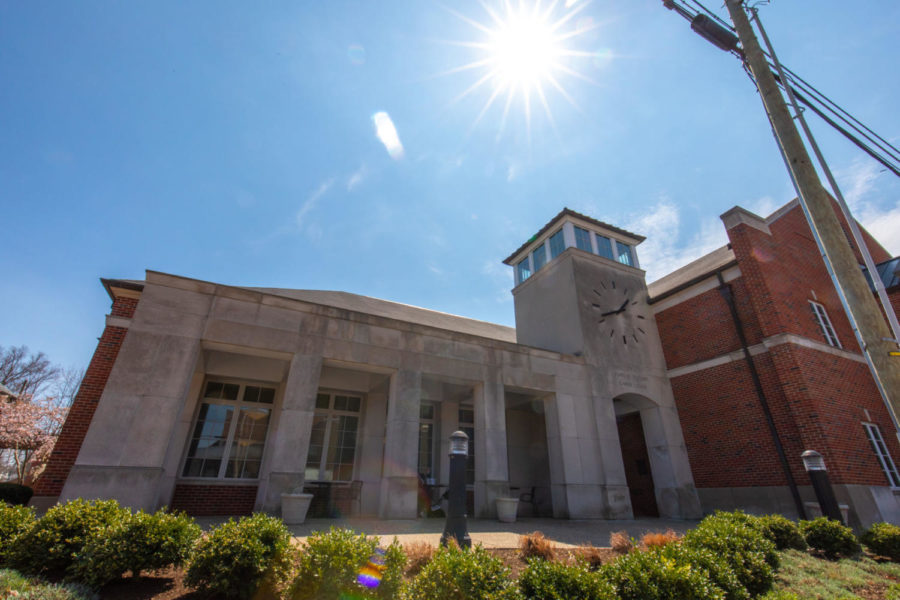
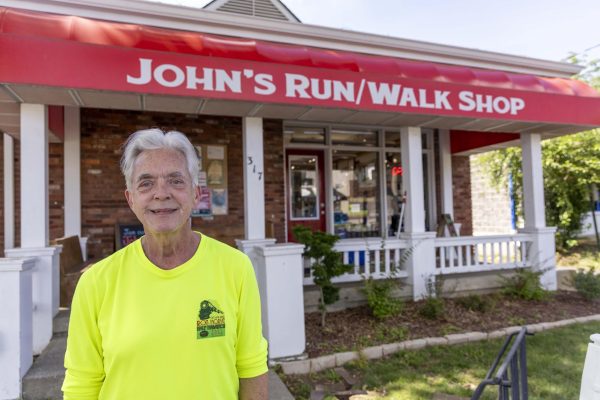
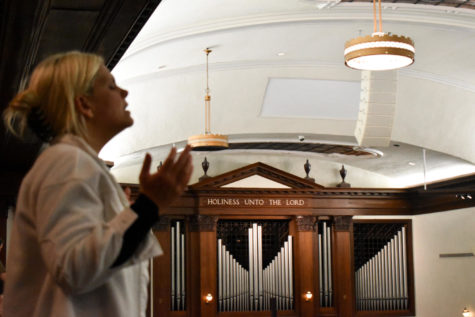
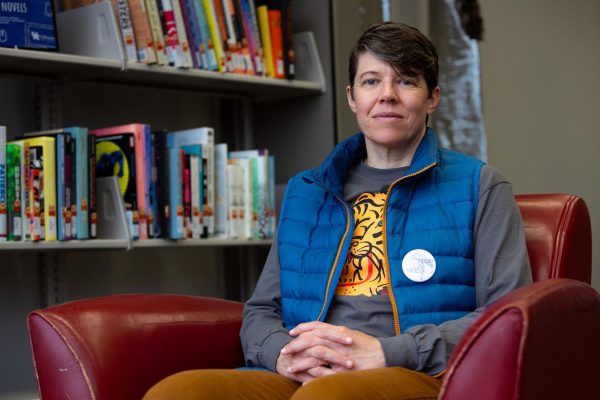
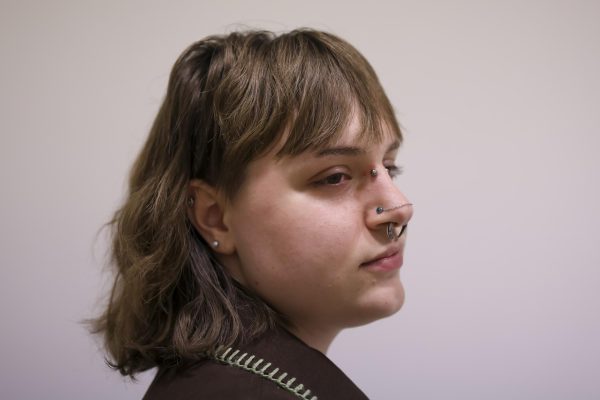
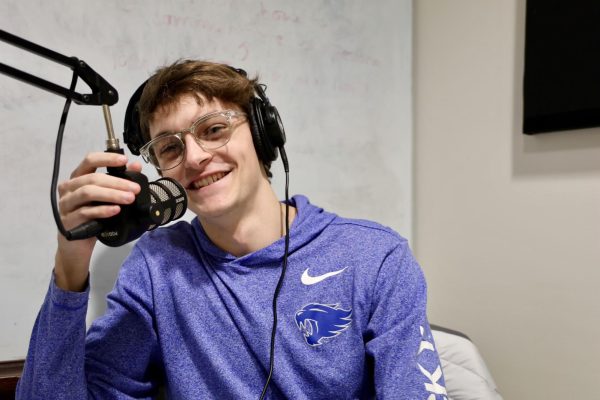
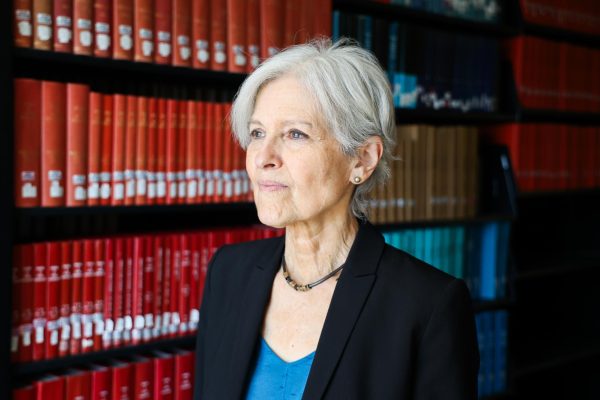
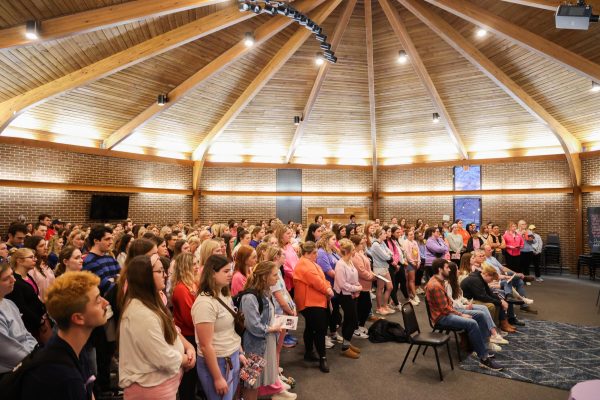


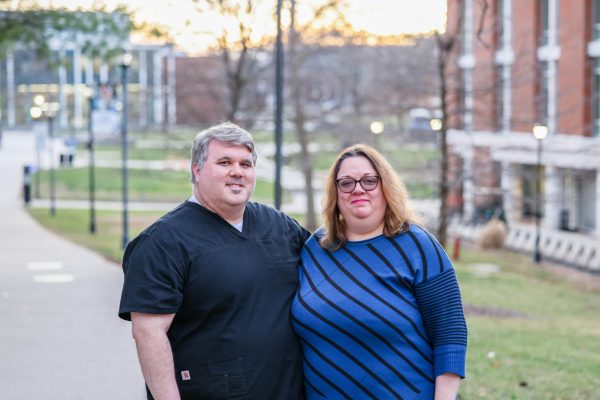

Danielle Rueger-Miroewski • Jun 6, 2022 at 1:30 pm
We love being included! No matter your major, Micro-Internships through Parker Dewey create an opportunity for students to explore different organizations and departments, all while getting paid and in a way that fits around your schedule! https://info.parkerdewey.com/uky